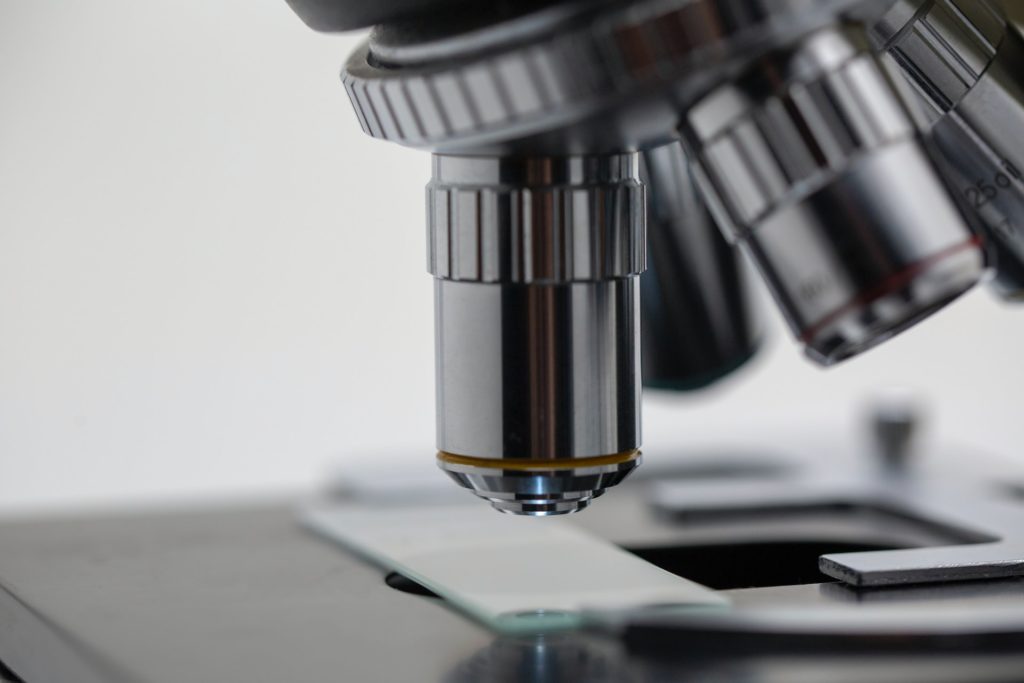Researchers from the Flemish Institute of Biotechnology in Leuven have discovered new tools which could be used to fight against cancer.
A substance produced by "pseudomonas baetica", a type of bacteria extracted from the livers of diseased flatfish, may prove useful in fighting certain types of cancers, the Institute revealed on Thursday. In March 2006, a mysterious illness affected a population of farmed fish in Spain, leading to the discovery by scientists of this new pathogen.
Several species of “pseudomonas” bacteria were identified as being behind the illness of the fish, including a new variety, otherwise unknown to biologists, “pseudomonas baetica.” Further study of this bacteria by the VIB-KU Leuven Microbiology Centre and the KU Leuven Department of Biology revealed genes in its DNA which are responsible for the production of anticancer agents called oximides.
Oximides suppress the function of V-ATPases in mammalian cells. V-ATPases can be thought of as a kind of pump which balances acidity in cells. A whole range of diseases, including neurodegenerative diseases, osteoporosis, and cancer, can be linked to malfunctions in these pumps.
As a result of their research on the bacteria, the team or researchers have discovered three new oximide variants, which all show strong anti-cancer characteristics. “To our surprise, we discovered that the bacteria causing the mysterious Wigton’s tongue disease are also capable of producing anti-cancer compounds,” explains Professor Joleen Masschelein, who led the research.
Researchers from Flanders also discovered what chemical processes were needed to create these specific oximides, and were able to manipulate their genetic makeup. The researchers altered the bacteria so that they would produce oximides that were chemically simpler and more stable than their natural counterparts.
The researchers believe that the discovery will pave the way for the use of oximides in the fight against cancer, as well as other diseases.

